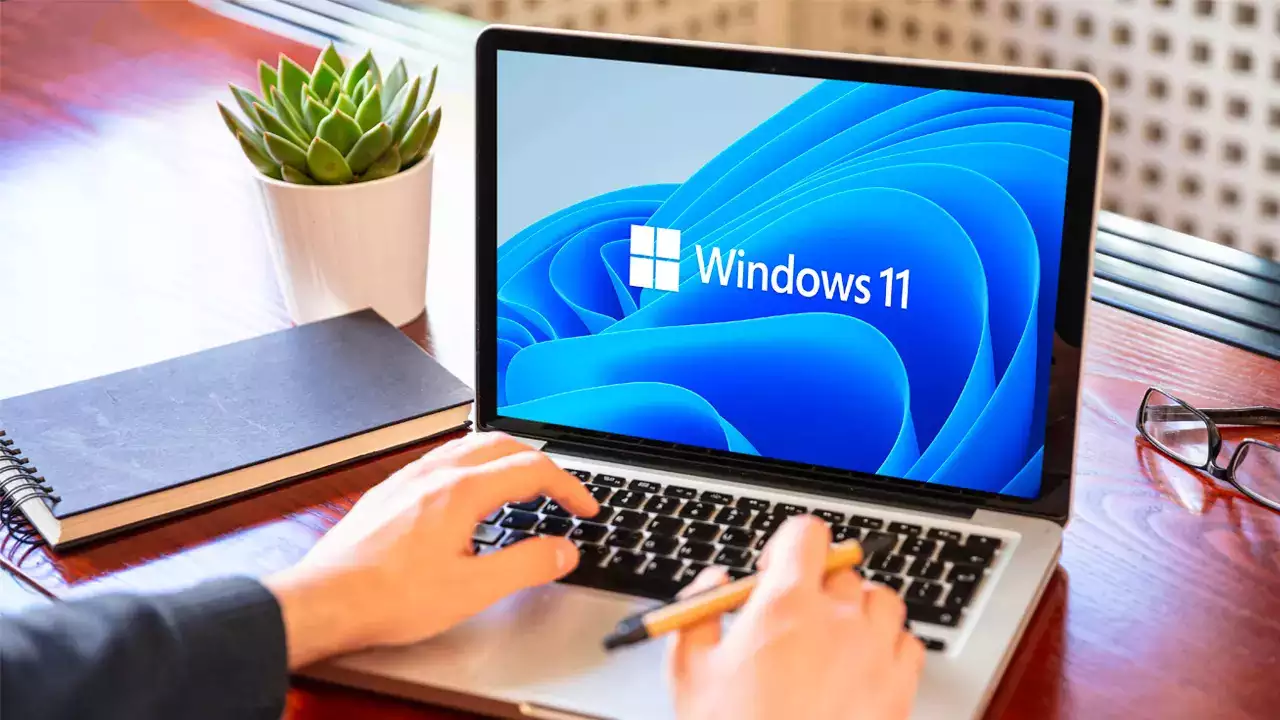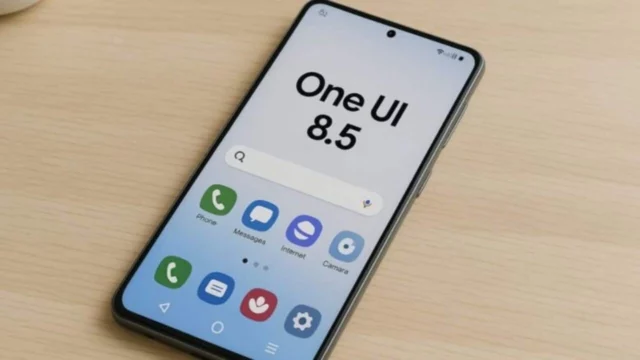Microsoft recently announced the retirement of three legacy services in Windows. In doing so, the company has embarked on a long-term strategic shift towards improving the operating system. The move comes as little surprise, as Microsoft regularly introduces new features and enhancements while at the same time phasing out legacy features or services that no longer align with their vision.
Microsoft is removing Computer Browser, Web Client (WebDAV) and Remote Mailslot from Windows
As noted in an online document tracking deprecated Windows features, the three deprecated services are Computer Browser, Web Client (WebDAV) and Remote Mailslot.
This update was revealed by @XenoPanther on Twitter. Each of these services serves a specific function, but they are outdated and pose security risks.
The Computer Browser service is considered insecure, along with its associated driver and device location protocol. This service was first disabled by default in Windows 10 with the removal of Secure Message Block version 1 (SMB1). This move was a step towards increasing security measures within the operating system.
The WebDAV API, an extension of HTTP, was introduced with Windows Vista but is no longer initialized by default in current Windows versions. This indicates a move away from its use as newer technologies emerge.
Finally, Remote Mailslots, an inter-process communication (IPC) protocol first introduced with MS-DOS, is seen as seriously outdated and insecure. A senior Microsoft executive even went so far as to describe it as “disgusting” earlier this year and emphasized the urgent need for its retirement.
While these features are marked for deprecation, it’s worth noting that they have not yet been completely removed. They will remain in Windows for now, but Microsoft won’t be making new investments in these services or actively updating them.
It is expected that these legacy services will eventually be phased out in a future version of Windows. However, Microsoft has not provided a specific timeline for this transition at this time.














